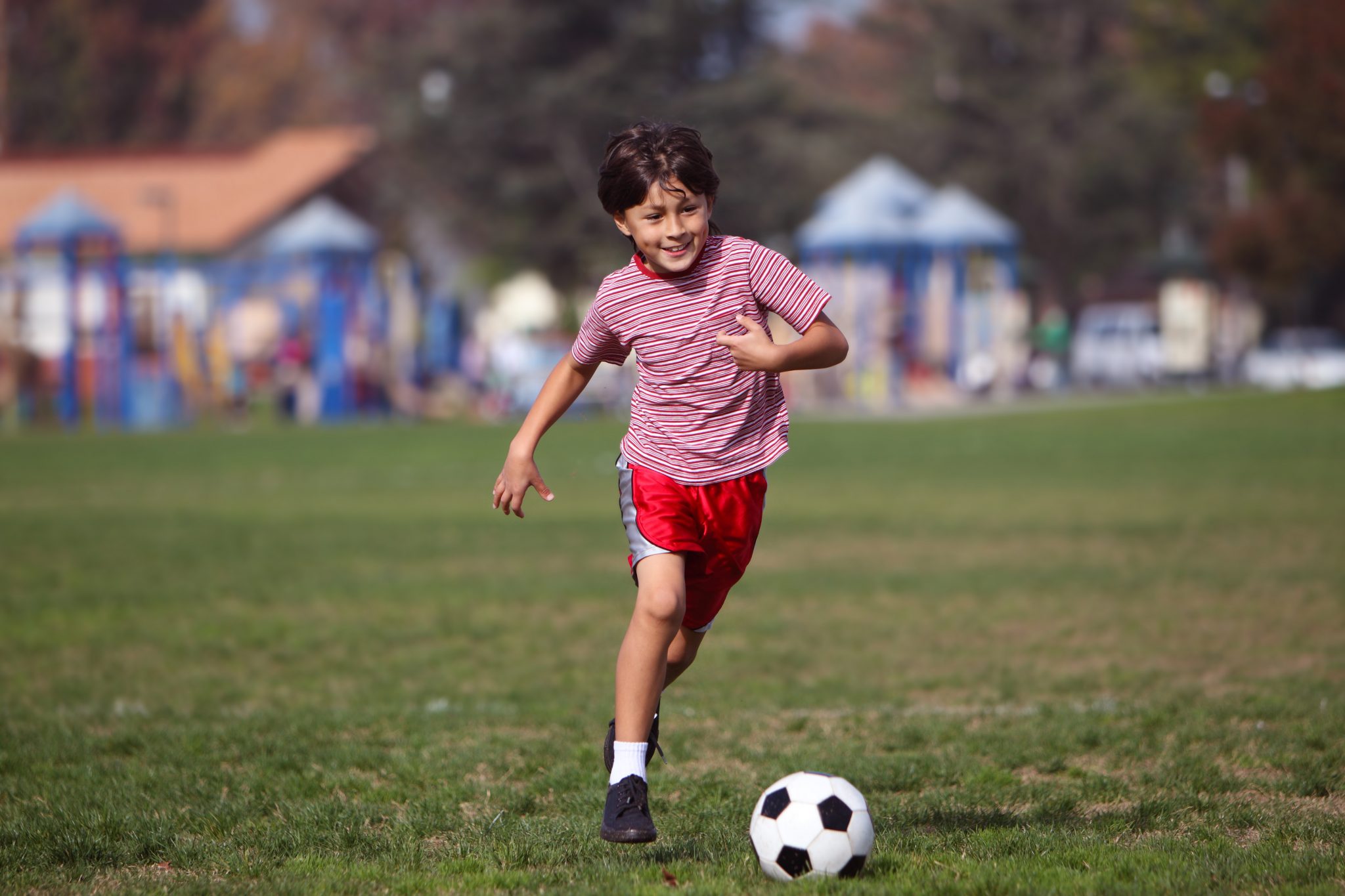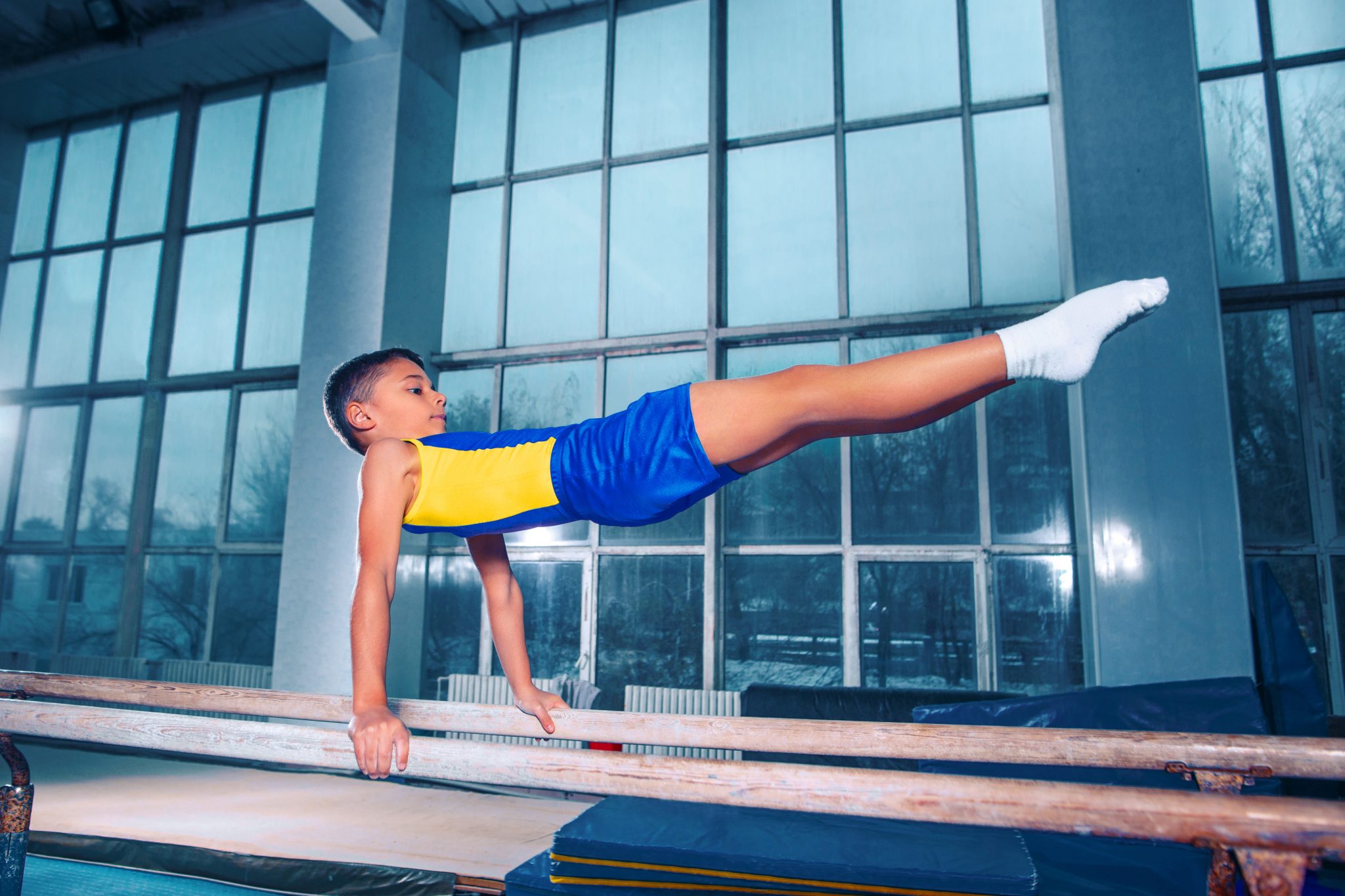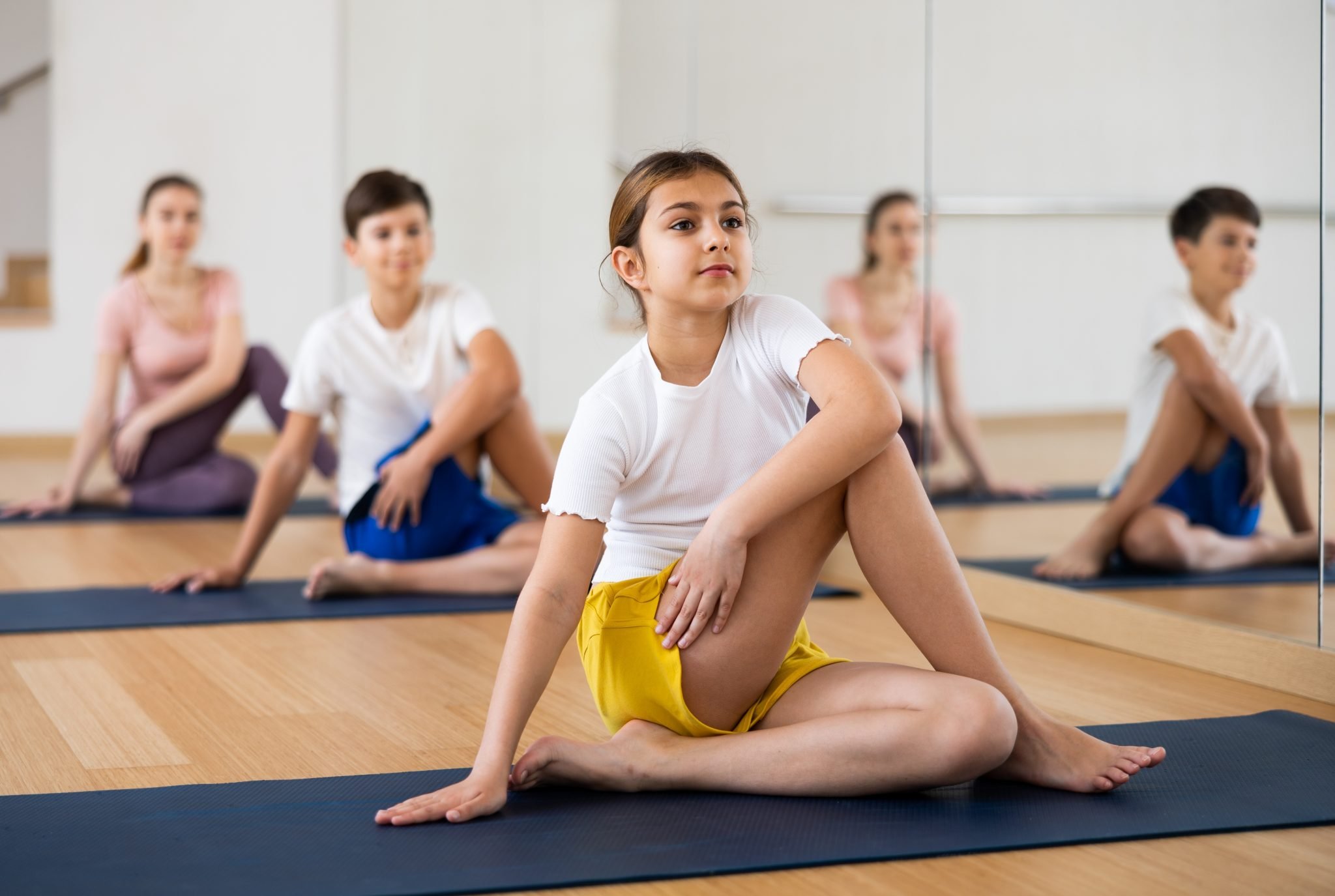A sports nutrition expert & weight management specialist, Kejal Shah has years of experience in the industry. She is also the ambassador for Fit India.
Don’t our kids just love drinking juice regularly? But does your child drink enough water? It is vital for their health despite containing no nutrients. Drinking plenty of water helps kids avoid constipation and maintain a healthy digestive and circulatory system. Additionally, water aids in the maintenance of body temperature and salt balance. It also transports nutrients and oxygen to cells. It is essential for maintaining the health of every organ in youngsters and makes up more than half of their body weight.
Why do we need water?
For physiological and behavioural reasons, kids and adults must maintain sufficient fluid intake and proper hydration. The majority of the human body is composed of water. In newborns, who have grown up in an aqueous environment, the body water content is approximately 75% of body mass at birth. It is much higher in adults, up to 50–60% of body mass. The relative water content of infants falls sharply during the first year of life to 60% and remains largely steady throughout childhood until adolescence.
Kids need the water they lose each day as sweat and urine. They also lose water if they have a fever, vomiting, or diarrhoea. Even though your kid doesn’t appear thirsty, their body needs water for hydration. There is no specific quantity of water that children must consume daily. The amount varies according to age, body type, health, degree of exercise, and the weather (temperature and humidity). Kids should never ignore their thirst, though. However, they require more water if the weather is warm or when they exercise. When it’s warm outside, especially when they exercise or play a sport, ensure they drink more water than usual.
Importance of water for kids:
Water supports various physiological processes crucial to daily life. Here are six reasons kids need plenty of water daily to stay happy and healthy.
1. Drinking water improves cognitive function:
A lot of evidence suggests that dehydration might impair cognitive function. Well-hydrated children learn better because it helps with short-term memory, attention, and concentration. A considerable decline in cognitive function may result from modest dehydration which is equivalent to only 1% to 2% of body weight loss, says research in young adults. Infant dehydration is also linked to confusion, irritability, and lethargy; in children, it may result in a decline in cognitive function.
2. Water eases the pain of hunger:
Drinking water can help you tackle hunger and thirst sensations a great deal. Many parents and kids who feel hungry too often need to consume more water than food.
3. Water eliminates dehydration:
A dehydrated body doesn’t function at its optimum level. A child’s metabolism slows down even with slight dehydration, making them weary and cranky. It may also lead to headaches. The child must drink water throughout the day since the body cannot draw on stored water when dehydrated.
4. Helps kids suffering from asthma and allergies:
Children suffering from asthma and allergies may benefit from water. Children who don’t get enough water for their bodily systems to function during the growth period of their physical development are more likely to develop asthma and allergies. According to some studies, chronic dehydration may contribute to asthma and coughing, which can be eased by drinking more water.
Popular Topics

What is Vitamin D deficiency? Spotting early signs of Vitamin D deficiency
Reviewed By Divya Gandhi, Dietitian

Vitamin D deficiency in children and what does it lead to?
Reviewed By Apurva Surve, Sports Nutritionist

Why is Vitamin D an essential nutrient? Know how it plays a role in your child’s development
Reviewed By Varuna Shunglu, Health Counselor & Meditation Teacher

Understanding How Vitamin D Leads to Strength
Reviewed By Kejal Shah, Nutrition Expert
5. Water reduces fatigue:
Your children will be exhausted if they are thirsty. Research reveals that the primary cause of daytime fatigue is inadequate hydration. A youngster receives electrical energy from water for brain activities, especially for thinking. In toddlers and adults, drinking enough water can help avoid attention deficit disorder. Children who drink lots of water have longer attention spans.
6. Water reduces back, joint, and growing pains:
Age is not a factor in back, joint, or muscular discomfort. It might also happen to your children. Growing pains are a normal occurrence in kids. According to a preliminary study, drinking plenty of water can dramatically reduce back, joint, and muscle pain.
How to know if your kid is dehydrated?
First, let’s understand that problems may occur even with the best practices and intentions. There are several ways to determine if your child is well-hydrated. A simple way to know whether your child is drinking enough water is how frequent their toilet breaks or wet diapers are. Additionally, keep an eye out for the following typical signs of dehydration:
- Light-headedness
- Cramps
- Thirst
- Dark or less urine
- Headache
- Rapid pulse
- Flushed skin
- Feeling excessively hot or cold
- Poor concentration or attention span
- Feeling thirsty
- Having cracked lips and a dry mouth
- Constipation and dark urine
- Showing a lack of energy or enthusiasm
Many parents believe their children will remain hydrated if they consume liquids such as milk, juice, or soda. It is only partially true, for sodas and juices are high in sugar, and their consumption may also result in constipation or diarrhoea.
How to get kids to drink more water:
For kids, water should not be boring. There are several ways to encourage your kid to maintain adequate hydration throughout the day. An easy way to get your kid to drink water regularly and develop the habit before they are thirsty is by doing it and setting an example.
Here are some fun variations to add:
1) Add flavours to water by infusing it with lemons, berries, cucumber, or mint. It’s a simple method to keep the child coming back for more.
2) Several fruits and vegetables are high in water content; have them on hand. Cucumbers, tomatoes, and capsicum are among the best options. Watermelon, cantaloupe, strawberries, blueberries, and grapefruit are among the most popular fruits.
3) With frozen fruits in ice cubes, any table looks more attractive than ever, inviting the little ones.
4) Give youngsters unique water bottles or mugs to make them happy. A festive touch, including a personalised sports bottle, a stylish cup with an umbrella or a swirly straw, may go a long way.
Conclusion:
Staying well-hydrated keeps the body and mind stronger and helps them function effectively. Serve water with meals and snacks, and spend a few extra seconds before your child goes out in the sun. Building healthy habits that will serve you well for the rest of your life is as simple as encouraging your child to select water first and modelling this behaviour yourself.
References:
Trinies V, Chard AN, Mateo T, Freeman MC. Effects of Water Provision and Hydration on Cognitive Function among Primary-School Pupils in Zambia: A Randomized Trial. PLoS One. 2016;11(3):e0150071. Published 2016 Mar 7. doi:10.1371/journal.pone.0150071
Shaheen NA, Alqahtani AA, Assiri H, Alkhodair R, Hussein MA. Public knowledge of dehydration and fluid intake practices: variation by participants’ characteristics. BMC Public Health. 2018;18(1):1346. Published 2018 Dec 5. doi:10.1186/s12889-018-6252-5
Potter PC, Klein M, Weinberg EG. Hydration in severe acute asthma. Arch Dis Child. 1991;66(2):216-219. doi:10.1136/adc.66.2.216
Potter PC, Klein M, Weinberg EG. Hydration in severe acute asthma. Arch Dis Child. 1991;66(2):216-219. doi:10.1136/adc.66.2.216
D’Anci KE, Constant F, Rosenberg IH. Hydration and cognitive function in children. Nutr Rev. 2006;64(10 Pt 1):457-464. doi:10.1301/nr.2006.oct.457-464
Bottin JH, Morin C, Guelinckx I, Perrier ET. Hydration in Children: What Do We Know and Why Does it Matter?. Ann Nutr Metab. 2019;74 Suppl 3:11-18. doi:10.1159/000500340
The views expressed are that of the expert alone.




